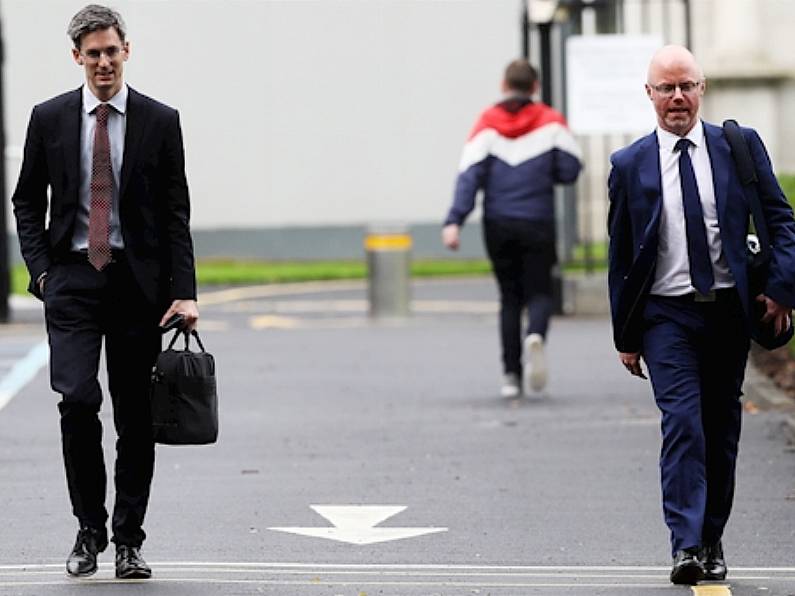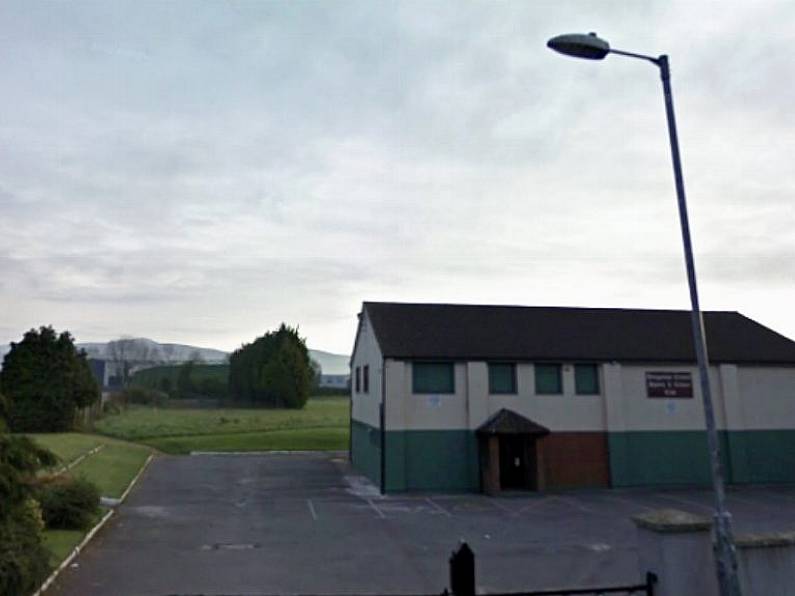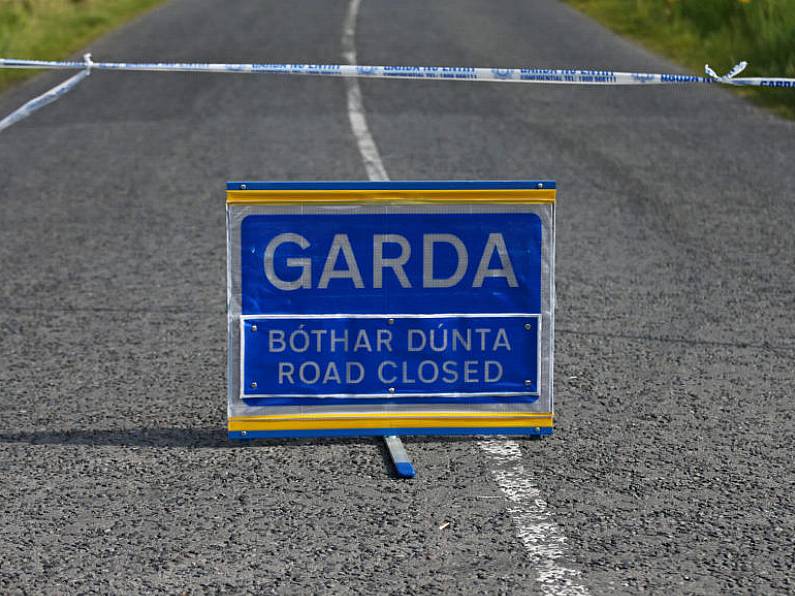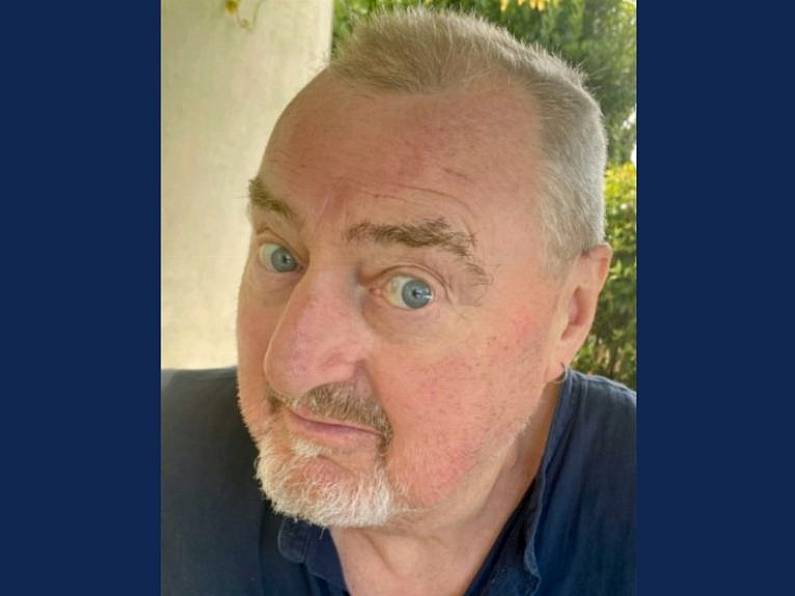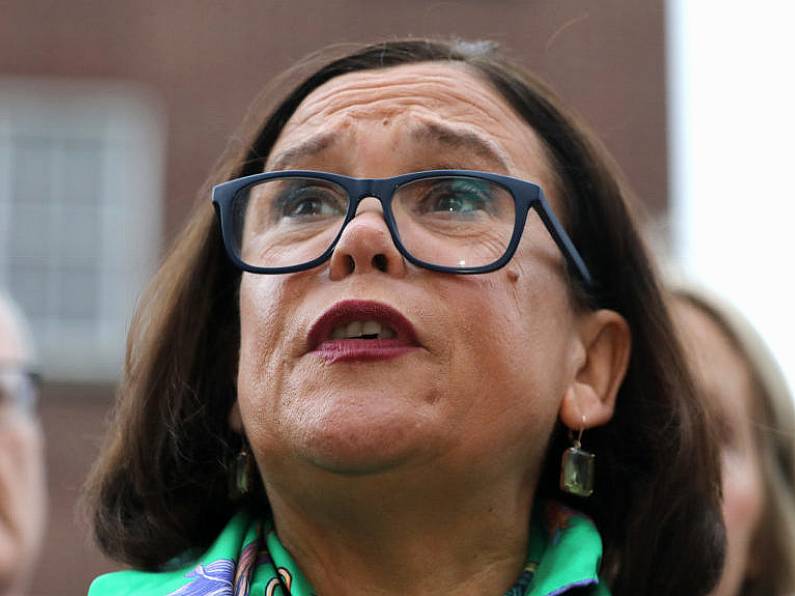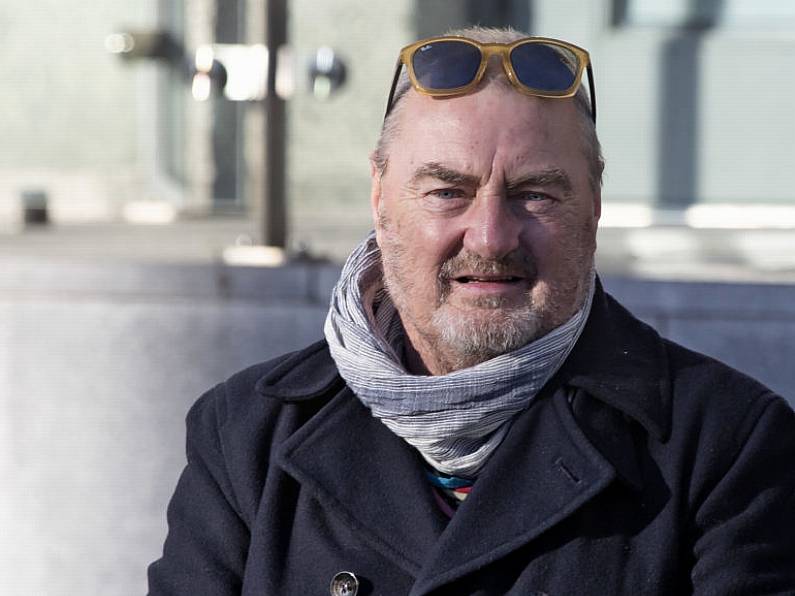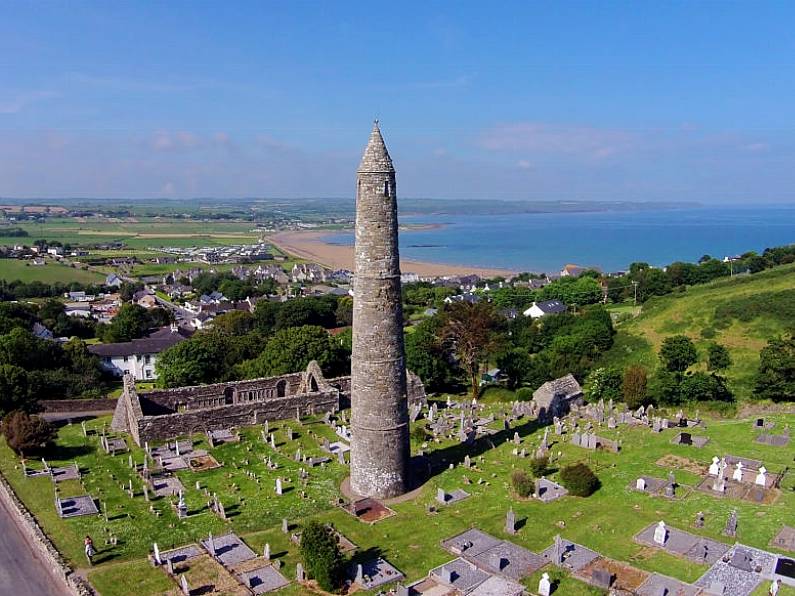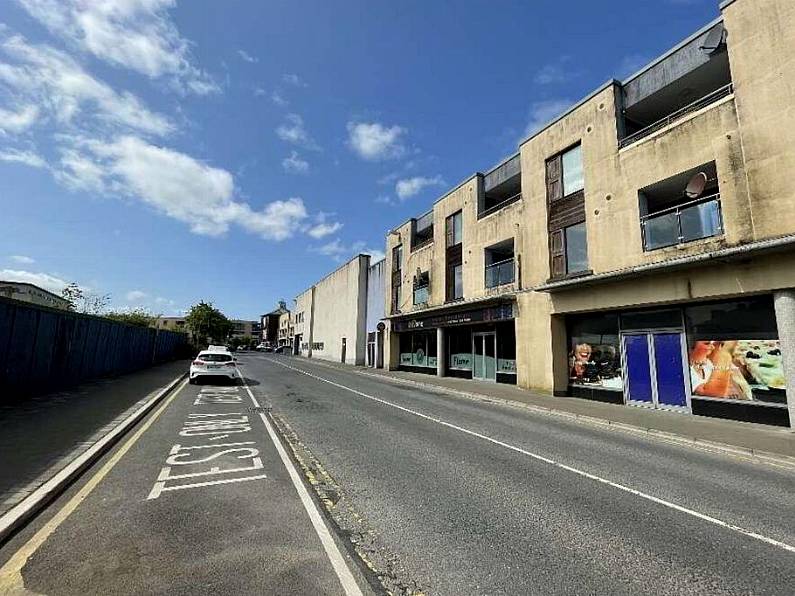Acting Chief Medical Officer Dr Ronan Glynn has confirmed and additional 429 cases of Covid-19 have been recorded today, with one additional death.
Dublin recorded 189 cases, 60 in Cork, 31 in Donegal and 28 in Galway. The remaining cases were spread across 19 different counties.
Waterford not included among counties with high Covid cases for second day.
The news comes as the 14-day incidence rate of Covid-19 in Waterford has fallen further.
According to the Health Protection Surveillance Centre 67 cases were diagnosed in Waterford over the last two weeks.
That gives an incidence rate of 57.7 cases per 100,000 population with the Waterford figure is well below the national average which is 88.5.
Earlier today, the Department of Health in Northern Ireland confirmed 424 cases of the virus had been detected there in the past 24 hours, marking their highest daily increase since the beginning of the pandemic.
The record had previously been set by yesterday's 320 confirmed cases, only to be knocked off the top spot a day later.
One additional death today brings the North's death toll to 579.
In the Republic, rising rates of the virus in some counties has caused concern among public health experts.
NPHET is said to be considering expending Level Three restrictions to additional counties as 14-day incidence rates in some counties are continuing to surge.
Speaking to the Oireachtas Special Committee on Covid-19 earlier today, Dr Glynn said that a "significant improvement" would be needed before Dublin could be downgraded from Level Three restrictions and that evidence is not yet there to support the downgrading.
He also hit out at a "blame culture" and narrative that young people are the main cause of the spread of Covid-19 in Ireland.
Dr Glynn said the opportunities and lives of young people had been disproportionately impacted by the pandemic.
“The narrative around Covid has changed dramatically over the past two months in this country and we evolved to somewhat of a blame culture, looking for the next target, the next reason why we can’t control this disease, and the latest one is young people," he said.
“I’ve been at pains for a number of weeks now to point out the fact that this disease has had an absolute disproportionate impact on the social lives, the education, the work, the employment opportunities, the relationship opportunities for young people.”



